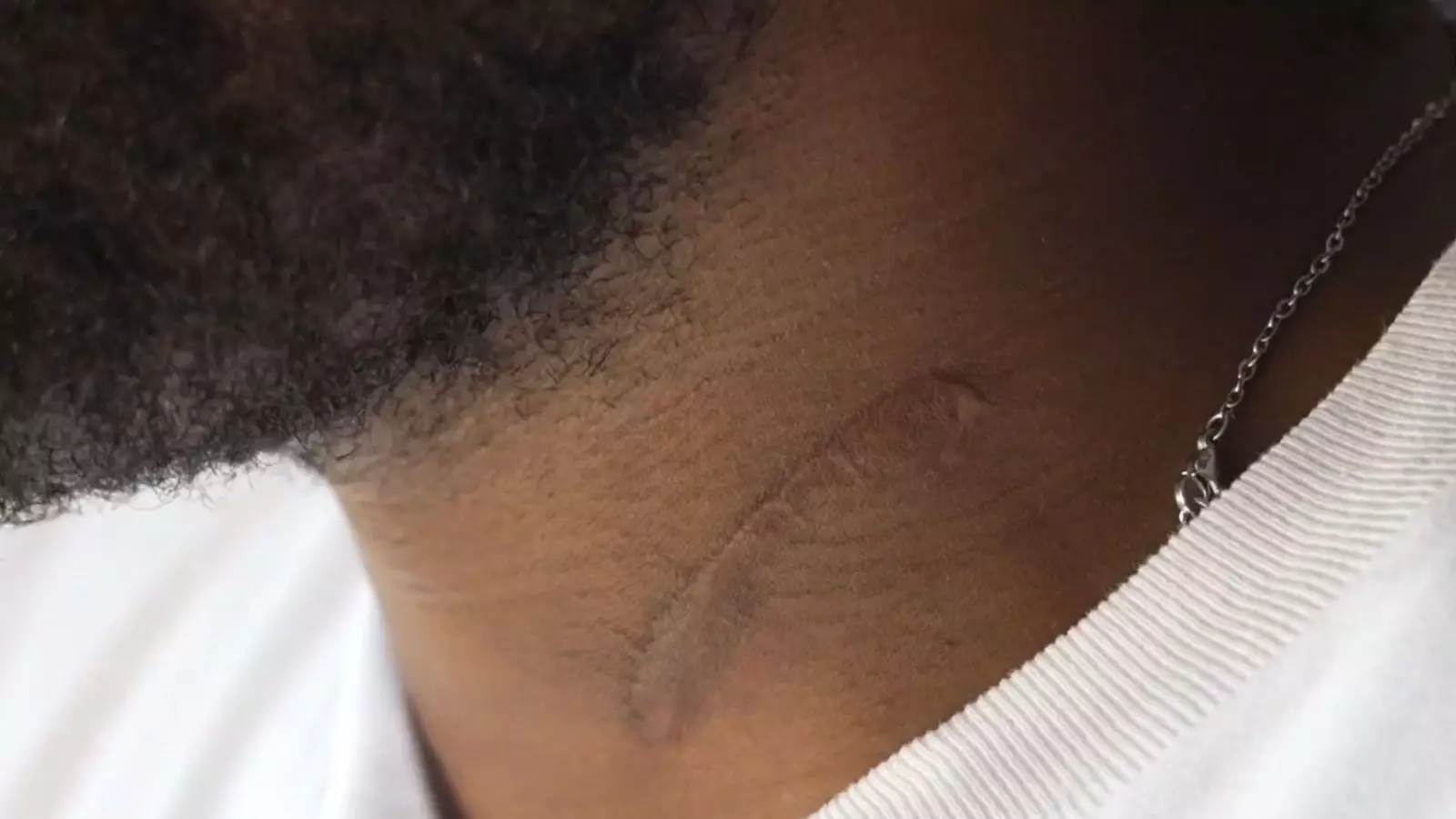On an otherwise ordinary day in April, a sense of security slipped through the cracks of East London’s bustling streets, cloaked instead by panic and brutality. Donato Iwule’s life was catapulted into a nightmarish reality when he became the target of Marcus Arduini Monzo’s unhinged rampage. An unexpected encounter morphed into a struggle for life, rejecting all forms of societal norms that dictate civility. The disturbing details of this incident bring forth a crucial discussion about the epidemic of violence we face today—a chilling reminder that danger lurks where we least expect it.
This attack, which tragically claimed the life of a schoolboy, Daniel Anjorin, showcases a grim aspect of our society. Each victim is not merely a statistic; they are lives impacted irrevocably, his chilling story echoing on the airwaves alongside the contemporary realities of urban existence. Our urban landscapes have transformed into battlegrounds, revealing a toxic undercurrent simmering just below the surface of everyday life.
Slice of Terror
Describing the violence as reminiscent of a “horror movie” reveals more than just the brutality of the act itself—it encapsulates the psychological torment experienced by innocent civilians who grapple with the aftermath of such tragedies. Iwule’s harrowing recollection of Monzo’s chilling declaration, “I’m going to kill you,” cuts deeper than physical wounds. It pierces through the collective psyche, provoking fear and vulnerability among citizens who once walked their neighborhoods with unwarranted trust.
This incident wasn’t simply about a man wielding a samurai sword; it was a testament to the fragility of life and the looming presence of violence that can flash into existence in a moment’s notice. The detailed recounting of Iwule’s terrifying encounter grips our hearts and minds, reminding us that this randomness is not relegated to dark alleys or distant shores; it can unfold in broad daylight.
The Masks We Wear
Iwule’s bravery should not overshadow a more pressing commentary regarding societal norms. While many are quick to condemn the violence, few are willing to address the root causes—the disenfranchisement, the frustration, and the isolation gnawing at individuals like Monzo. His disturbing emotional landscape—a blend of anger and instability—reflects an epidemic that leaves many of us grappling with anxiety and unrest.
His utterance, “I need to kill,” does not arise in a vacuum but signals deeper societal failings where communication collapses and empathy withers. It raises questions about our systemic failures to effectively address mental health, to provide necessary support networks, and to cultivate healthy community connections. Urban violence reflects our collective inability to nurture and engage those in distressing circumstances.
The Shadows of Trauma
In the wake of survival, trauma lingers like an unwelcome ghost. Iwule’s description of sleepless nights and crippling anxiety resonates with so many who have faced violence. His experience is indicative of a broader narrative that is overlooked in discussions surrounding crime—how individuals don’t just survive physical threats, but they endure psychological warfare long after the moment of terror has passed.
The normalization of such trauma must prompt society to not only respond to violent incidents but also recognize and rehabilitate those affected by them. Iwule’s assertion that “he thought that he won” illustrates how the cycle of violence and fear can perpetuate long after the physical threat has been neutralized.
Our urban streets must be places of safety—not canvases painted with trauma, fear, and victimization. Iwule’s courageous narrative serves as a catalyst for change, demanding a society that prioritizes intervention over inaction. Society must confront the monster of urban violence with more than just police presence but with compassion, understanding, and support for communities devastated by such acts.
Without direct and passionate engagement, the cycle of chaos will only continue, feeding the very violence we seek to eradicate.

Leave a Reply